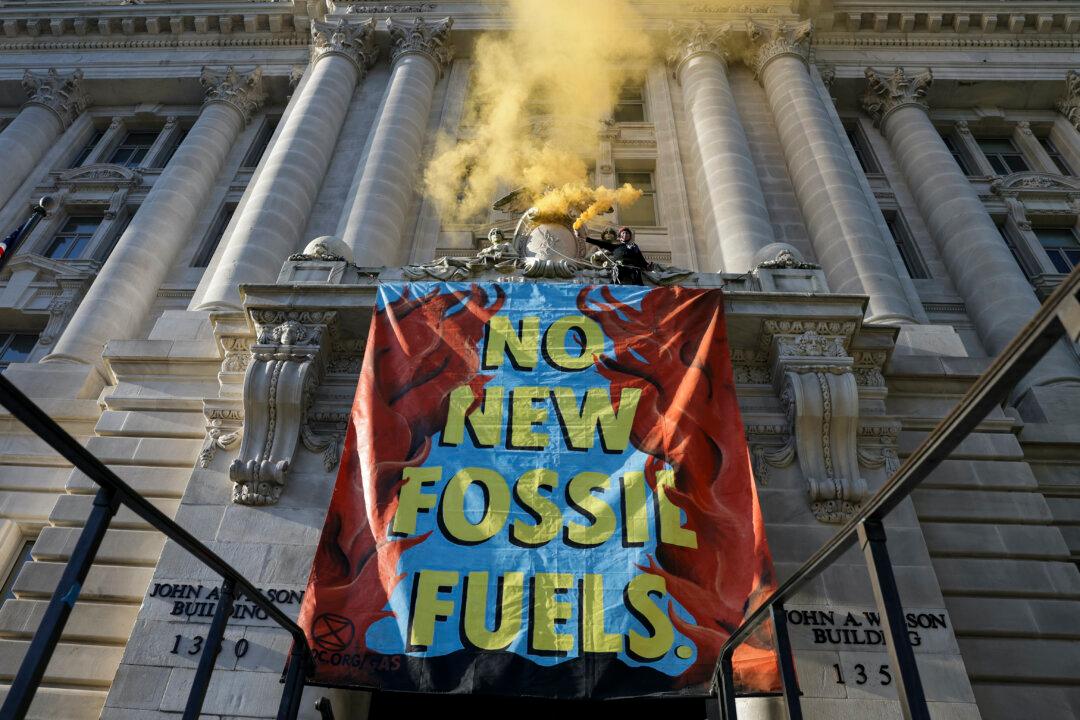Commentary
In 1999, American climatologist Michael Mann first published a “hockey stick graph” that purported to show an unprecedented spike in global temperature over the past century.

Commentary
In 1999, American climatologist Michael Mann first published a “hockey stick graph” that purported to show an unprecedented spike in global temperature over the past century.